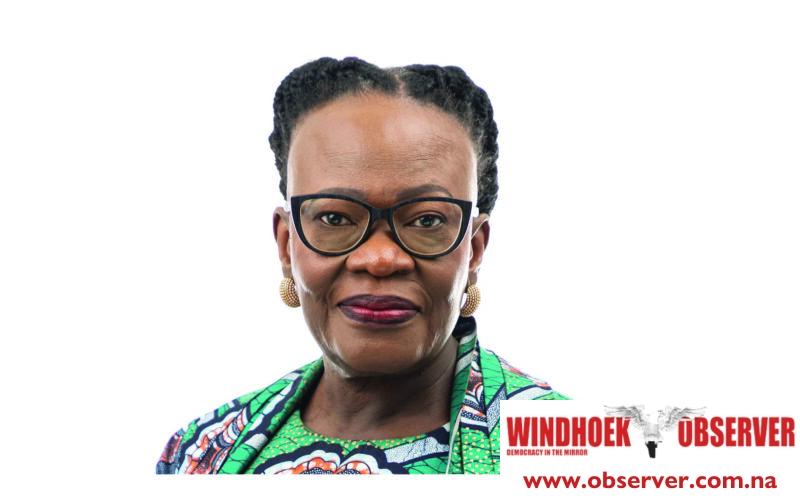16
Oct
The coastal air feels heavier this week. Walvis Bay, usually abuzz with salt, seagulls, and the rhythm of commerce, has fallen a little quieter. The news of the passing of John Savva, or as everyone knew him, Uncle Savva, has rippled across the Namibian coastline with the weight of disbelief and sorrow. It feels, quite simply, like the town has lost a heartbeat. Yes, death is life’s unbroken promise to us all. But there are those rare souls whose presence feels eternal, whose laughter fills rooms, whose kindness steadies communities, and whose integrity anchors generations. Uncle Savva was one of…


